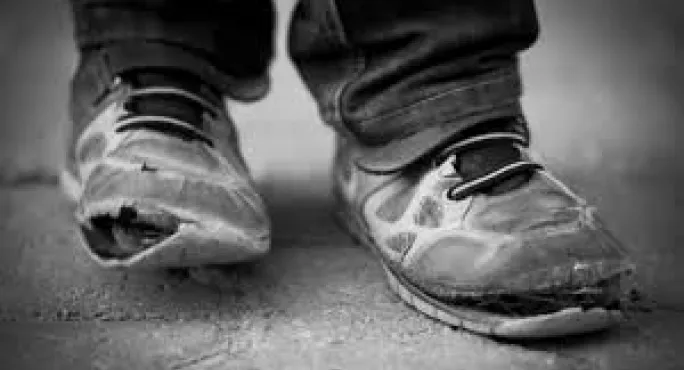Released in advance of the NEU teaching union annual conference in Liverpool this week, the survey found a significant increase in the visibility of child poverty in schools and colleges.
Factors “having a parlous effect on the learning of children living in poverty” included in-work poverty, high rents, homelessness and fears about the impact of Universal Credit, the union said.
Quick link: Children ‘embarrassed’ by restrictions on free school meals
Quick link: ‘The stories I hear of pupil poverty are getting worse’
Exclusive: How poor housing is harming our pupils
These were compounded by a funding crisis that prevented schools and colleges from doing all that they could to counter the impacts of poverty on pupils.
NEU members were “deeply concerned by the effects of poverty and low income on the learning of their students”, with 91 per cent citing this as a factor consistently across primary, secondary and college sectors.
Half of respondents thought the impact of child poverty on learning had become worse or significantly worse since 2016, with only two per cent seeing an improvement.
A significant number of NEU members reported concern about school uniform costs.
Asked to identify all the impacts on learning they saw as attributable to poverty, the results were:
* fatigue (78 per cent)
* poor concentration (76 per cent);
* poor behaviour (75 per cent);
* hunger (57 per cent);
* ill health (50 per cent);
* bullying (35 per cent).
NEU joint-general secretary Mary Bousted said: “Government does not want to hear these stories from the frontline of teaching, but they must.
“It is truly shaming for the UK, one of the richest countries in the world. A decade of austerity has only served to place more children in poverty, while at the same time destroying the support structures for poor families.”
She said this had happened for ideological reasons and the Government had ignored the human costs of its actions and should stop blaming schools for these.
Teacher comments
“It is an international disgrace that large numbers of children in the sixth largest economy in the world experience the most backbreaking, gut-wrenching, abject poverty.”
“The poverty gap has clearly got bigger. The number of students displaying difficult behaviours has increased and poverty is most certainly a factor.”
“We have bought uniform items and pretend they are from students who have grown out of them.”
“Food banks are an everyday necessity as is the market for either free or second-hand uniform. Parents have no spare money and children are suffering.”
“These students get little sleep at home and poor nourishment. The school system is focused on things that don’t take priority for these children. They should be better supported with their essential needs.”
“Cuts to local social care services have resulted in school staff having to deal more than they are qualified to and have the time to.”




